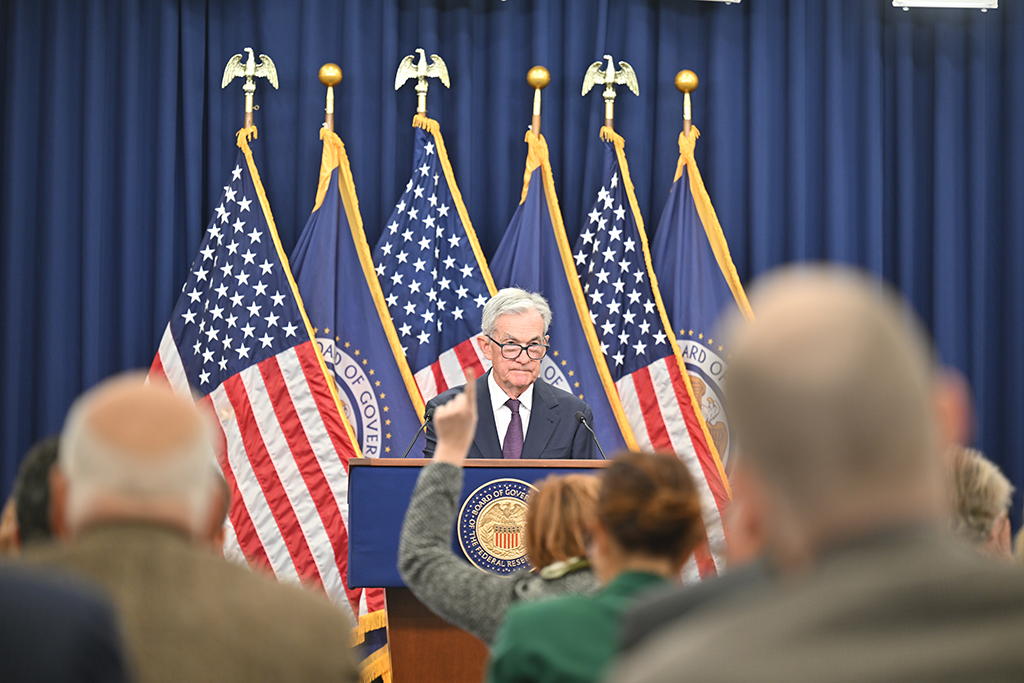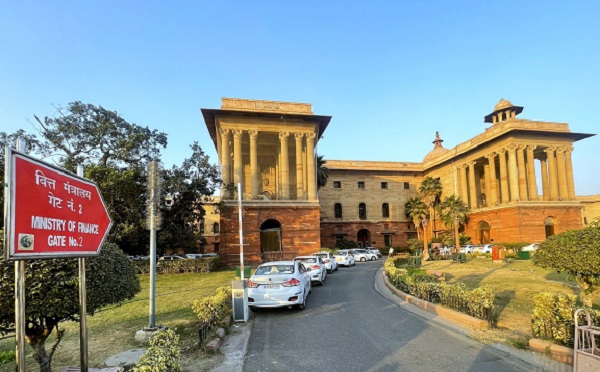.png)
Sarci-Sense: Convenience Has Made Us Comfortable, Not Kind
We seem to have built a world that delivers everything, except empathy. Convenience has spared us effort, but also stripped us of patience, gratitude, and the grace of being human.


Dr. Srinath Sridharan is a Corporate Advisor & Independent Director on Corporate Boards. He is the author of ‘Family and Dhanda’.
October 12, 2025 at 4:42 AM IST
It begins every morning with a knock or a call. The milk is at the door, the groceries already waiting, the cab one minute away. You have not stirred out of bed yet, but the world has rearranged itself around you. The coffee is hot, the poha is tasty and cooked just in time, the phone is charged. Life feels smooth, obedient, responsive.
You don’t have to ask for anything twice. This is what comfortable life looks like. This is what control feels like. Or so we tell ourselves. Not with gratitude, but rather with sense of having achieved something in life.
We are a generation that no longer waits.
For anything.
We subscribe to everything — food, fitness, love, gyaan, health monitoring, happiness, even therapy. Every need has a shortcut, every feeling has a service. Swiggy delivers hunger. Blinkit delivers panic. Tinder delivers disappointment. The joy of anticipation has vanished.
Just a generation earlier, India once stood in ration lines for hours, grumbling but patient. Now we panic if a 10-minute delivery takes 12. It becomes a family debate, that spills over onto social media complaint.
Our previous generations saw convenience as relief and with gratitude. We now see it as a right. They called it luxury, we call it normal. That difference isn’t not just about technology. It is about temperament. They built habits of patience. We built habits of expectation.
Convenience has become our quiet mantra. The mobile phone is our new body part. One tap, and the universe has to bend to our whims and fantasies.
What we rarely see is the invisible army that makes this possible. The driver who skips lunch to meet your ETA. The rider who races through rain to bring you ice cream. The domestic worker who works through fever because “Madam has guests for lunch.” Their hurry keeps our world still.
We like to believe we are kind. We rate five stars, we reluctantly leave cheerful tips, we murmur “thank you” into the app. It feels generous, but it is the generosity of detachment. We don’t know their names. We don’t meet their eyes. It’s easy to be polite when empathy requires no effort. We have found a way to feel good without doing good.
Every order creates two worlds. One where time stretches, one where time suffocates. One of those who can command, and the other who have to serve to perfection. Convenience for one class is chaos for another. The stopwatch that comforts us is the one that punishes them.
The outsourcing doesn’t stop with labour. We now outsource emotion too. Birthdays are emojis, condolences are WhatsApp forwards, parenting is tuition, and companionship is a Netflix subscription. Even intimacy is pre-packaged, consumed in the quiet light of screens. We call it connection, but it is really convenience in disguise.
We now ghost people instead of confronting them. We text instead of talk. We prefer messages over meaning. Convenience has given us language without intimacy, communication without connection, knowledge without context.
The phrase “I don’t have time” has become our moral licence. It sounds responsible, even heroic. It lets us skip what’s hard. We use it to avoid calling parents, helping neighbours, or listening without checking our phones. Busyness has become a performance. The middle class wears exhaustion like a badge, as if tiredness itself proves importance.
Even love has gone on subscription. Dating apps promise efficiency. Swipe, match, unmatch, repeat. The algorithm decides your chemistry. There is no awkwardness, no waiting, no mystery — only options. We used to fall in love. Now we install it. We want affection that is instant, tidy, and easy to uninstall. The irony is that we are lonelier than ever, surrounded by choice but starved of care.
We have mistaken access for control. One glitch, one outage, one delay — and our world feels like it’s falling apart. The machine has trained us to forget that life was always supposed to be uncertain.
Convenience has even shaped our politics. We want clean streets but won’t segregate waste. We want good governance but skip voting. We want rights, but not responsibilities. We have become a nation that demands comfort from its country the way we demand delivery from an app. Someone else will fix it. Someone else will care. It’s all part of the same belief — that ease is entitlement.
And so our morality has been simplified. Click to protest. Donate online. Share a hashtag. Each gesture feels righteous, yet none requires sacrifice. The conscience has gone contactless. The less we do, the better we feel.
What convenience has taken away, quietly, is friction. Friction once made us human. The waiting, the showing up, the small inconveniences that built character. Now every pause has been erased. We scroll instead of reflect. We refresh instead of rest. We move faster, but grow shallower.
Every quick fix leaves an echo. You close the app, but the emptiness stays. Convenience is not comfort. It is anaesthesia. It numbs without healing.
Once, effort itself was a form of worship. Cooking for your family, standing in line, learning a skill slowly - all were ways of being present. Now presence feels like punishment. We worship speed, not sincerity.
India has always called itself a civilisation of balance - of self-control, community, compassion. Yet our modern middle class has become the busiest customer base on earth. We bow before gods of effort, but pray to apps of ease.
The cost of all this smoothness is invisibility. The people who make convenience possible disappear behind the interface. The rider in the rain, the maid on her fifth house of the day, the watchman who never gets a Sunday. They exist in our periphery, always seen, never noticed. Their lives are the unpaid tax on our comfort.
Every generation worships something. Ours worships ease. Comfort has replaced conscience. We measure progress by how little effort life requires. But something vital is slipping away — that sense of earned satisfaction, of presence, of gratitude.
So tonight, when your dinner arrives perfectly on time, when your phone glows and the world feels effortlessly arranged, pause for a second. Look up from the screen. Behind every convenience is a person who had no choice but to make your life easy.
Convenience was meant to save us time. Somewhere along the way, it saved us from responsibility. Be kind to all.



